PM shares views on regional security evironment with Australian scholars
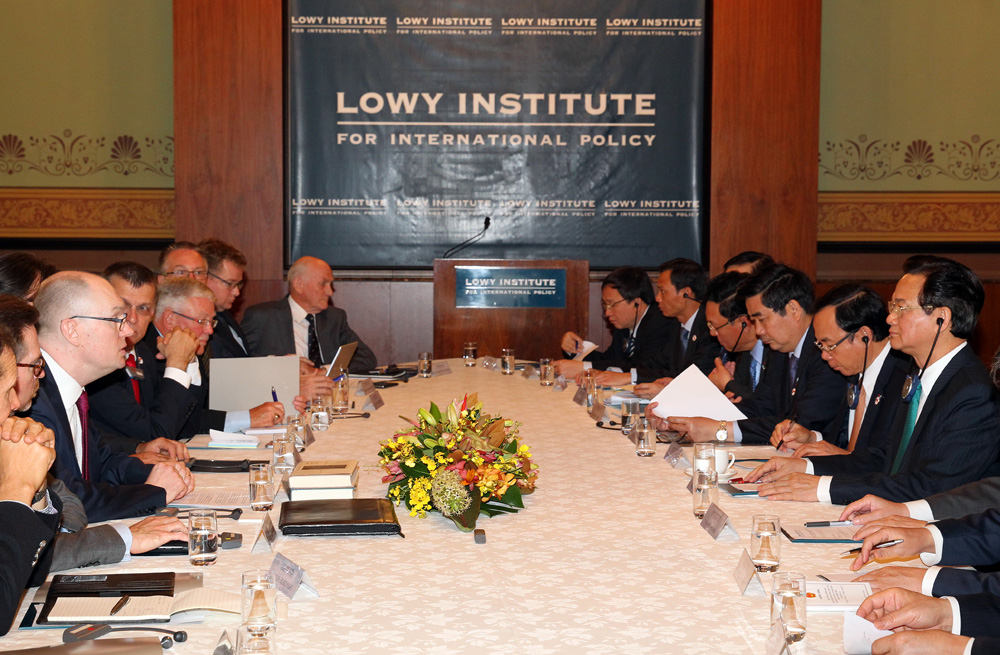 |
| PM Nguyen Tan Dung meets with Australian scholars at Lowy Institute, Sydney, Australia, March 17, 2015 - Photo: VGP |
Regarding the profound changes in Viet Nam, PM Dung said that Viet Nam has converted itself into a middle-income country from a war-ravaged one.
The country has established diplomatic relations with 185 countries and played an active and responsible role in70 international organizations, said the Vietnamese Government chief.
Viet Nam is now home to nearly 18,000 foreign-funded projects with total registered capital of US$300 billion. Last year, Viet Nam welcomed eight million international arrivals, including 300,000 from Australia.
“We are improving the law-governed state, promoting the freedom and democracy rights of citizens and businesses; building up synchronous market economy institutions; restructuring the economy in association with transforming growth model,” according to PM Dung.
The economy is expected to grow 6.5-7% per year between 2016 and 2020, he added.
Mr. Richard Broinowski, President of the Australian Institute International Affairs, said he is impressed with the achievements Viet Nam has gained during the past 30 years.
Viet Nam has been successfully integrating into the global communities as it is a member of many important international organizations, he stated.
Regarding the regional security issues, PM Dung stressed that the Asia-Pacific region contributes 55% to the global gross domestic product and takes an important role in formulating the future of the world order.
However, the region is facing uncertainties due to complicated developments, including those in the East Sea, PM Dung noted.
The PM stressed “we believe that peace, stability, security, safety and freedom of navigation and aviation in the East Sea are the common interests of countries both inside and outside the region.”
The current insecurities and tensions can only be settled if countries, particularly those directly involved, strictly comply with international law, including the 1982 UN Convention on the Law of the Sea, exercise self-restraint, take no unilateral actions that may further complicate the situation, avoid the threat and use of force, fully and effectively implement the Declaration on the Conduct of Parties in the East Sea and work towards the Code of Conduct.
Highly valuing the concept “strategic trust” raised by PM Dung at the Shangri-la Dialogue in 2013, professor Carl Thayer said the concept is an important factor to guarantee peace and stability in the region.
For this issue, PM Dung highlighted that each nation, from small to big, must take care of common issues in the region and the world as well as legitimate interests of other countries. This is the basic perception foundation to boost cooperation mechanisms, build trust and address divergences through peaceful measures in accordance with the UN Charter and international law.
Countries should heighten multilateral mechanisms and work together to build a stable and sustainable regional architecture in which ASEAN needs to continue promoting its central role.
If we fail to build strategic trust, it is very fragile to ensure peace, stability, security and safety, said PM Dung.
PM Dung affirmed the country’s consistent policy of settling disputes through peaceful measures on the basis of international law and behavior standards in the region.
The PM went on to say that Viet Nam supports Australia’s greater role in the emerging regional architecture and expects stronger cooperation with Australia and partners for peace, stability, development and prosperity in Asia.
For Viet Nam-Australia relations, PM Dung said Australia has been one of the ten biggest trade partners of Viet Nam during the past decade.
The two-way trade value rose from US$3 billion in 2000 to US$6.5 billion in 2015. Australian investors have poured US$1.65 billion in 320 projects in the Southeast Asian country.
Since the two countries set up comprehensive partnership in 2009, the bilateral ties have been vigorously advancing in various fields, including defense and security, which demonstrates the trust between the two sides.
| RELATED CONTENTS: | |
| PM talks to Australian businesses | |
| PM starts tour to Australia, New Zealand | |
What the stars mean:
★ Poor ★ ★ Promising ★★★ Good ★★★★ Very good ★★★★★ Exceptional
Latest News
More News
- VIR sustainable development conference opens in Hanoi (November 12, 2024 | 09:42)
- Taking the lead in dual transition for a greener Vietnam (November 11, 2024 | 17:00)
- Vietnamese consumers careful amid economic volatility (November 11, 2024 | 13:55)
- Quality must come first in chip mission (November 11, 2024 | 10:33)
- Vietnam's digital economy estimated to reach $36 billion in 2024 (November 07, 2024 | 13:52)
- Authorities looks to tackle influx of cheap foreign goods (November 07, 2024 | 10:44)
- Trump claims 'magnificent' victory over Harris (November 06, 2024 | 16:55)
- Trump on verge of victory over Harris (November 06, 2024 | 14:26)
- Hanoi unveils innovative tourism event to celebrate cultural heritage (November 06, 2024 | 13:36)
- FDI hits over $27 billion in first 10 months (November 06, 2024 | 13:24)




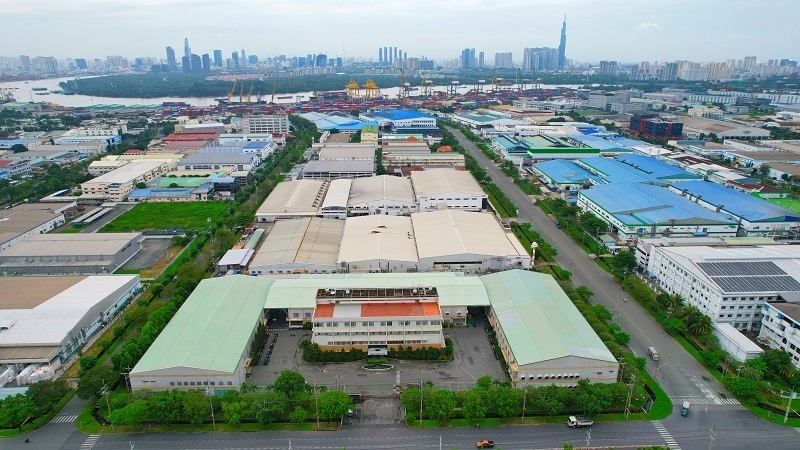

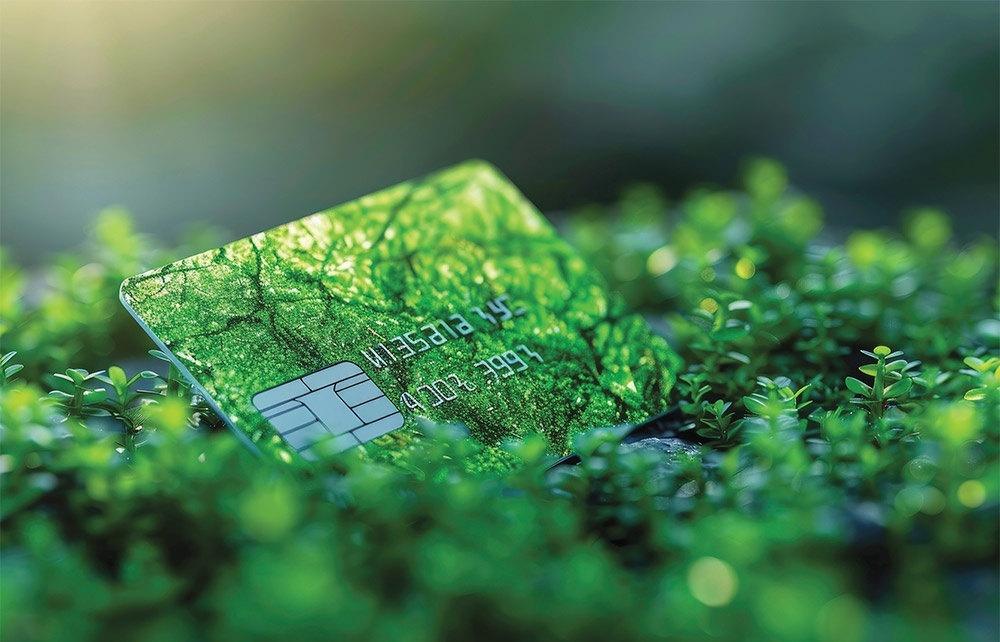






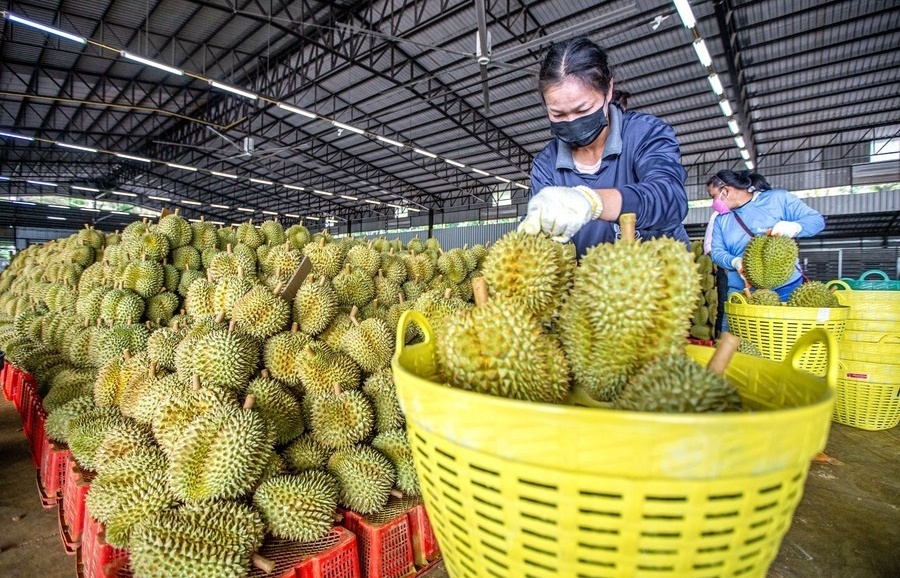

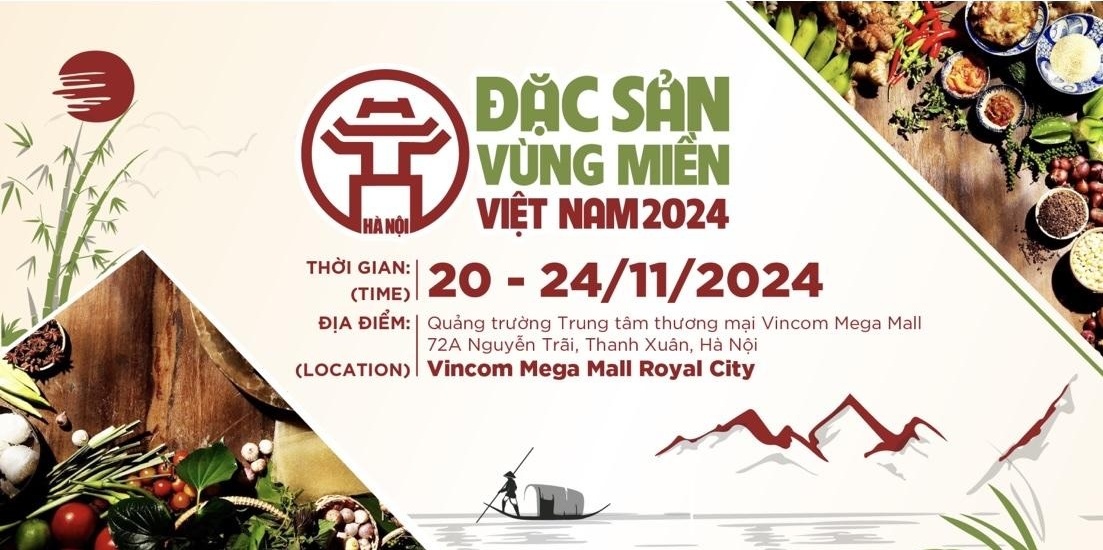
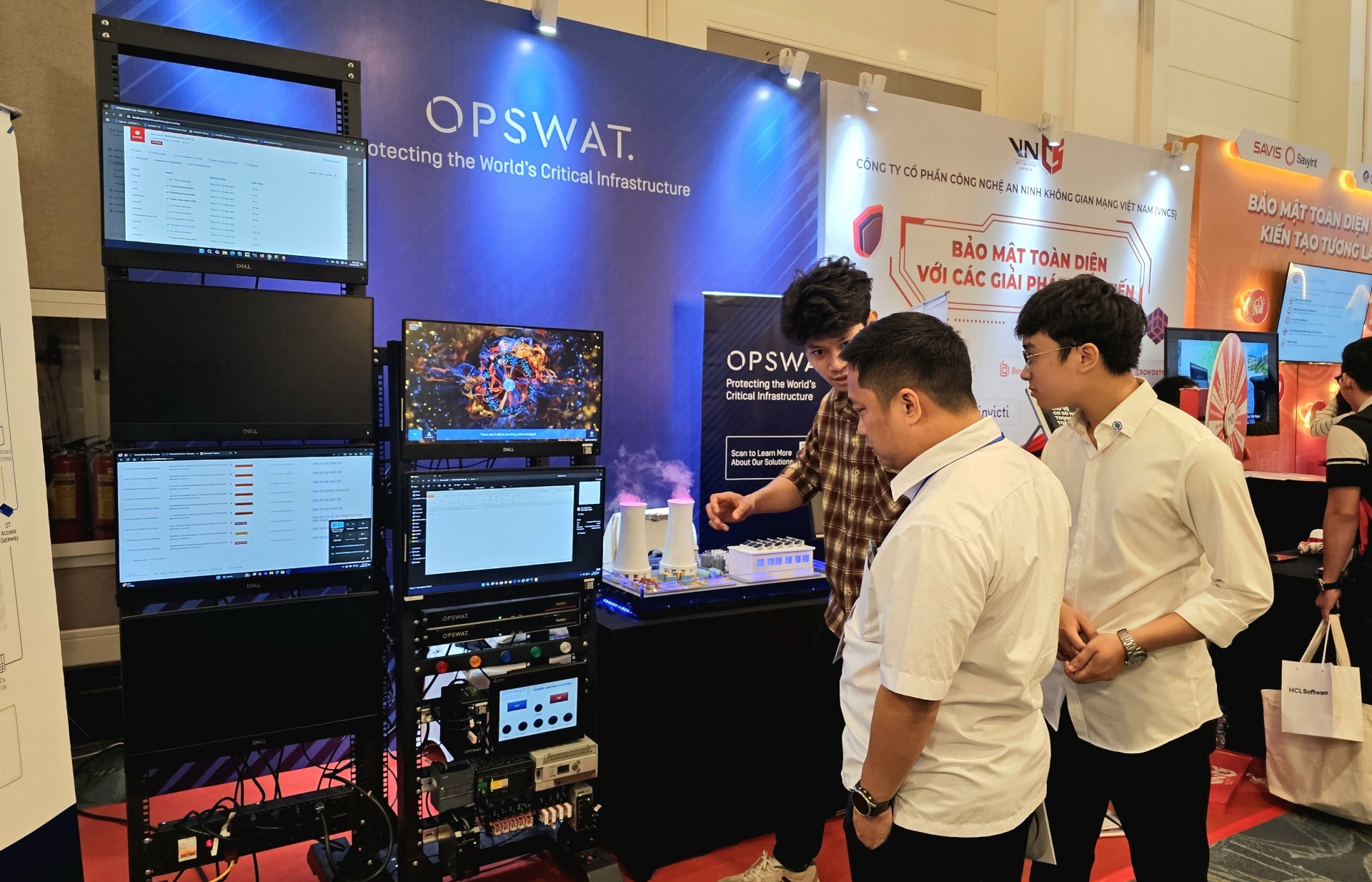



 Mobile Version
Mobile Version